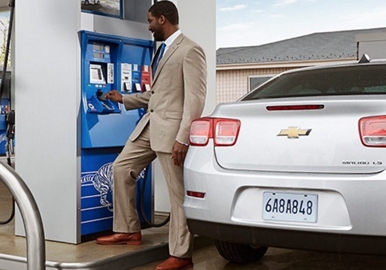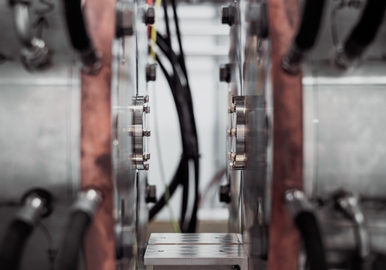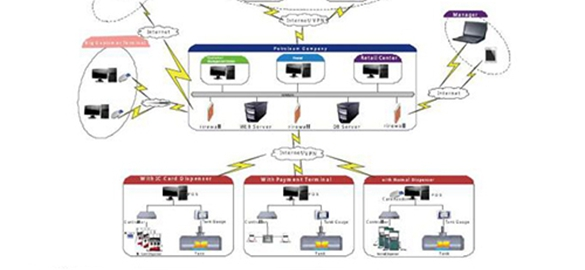SEARCH HERE
-
Eaglestar Won The Contract Of Large Projects With An African Client
-
Southeast Asian Countries Take New Measures To Ensure Gas Station Safety
-
Singapore Fuel Station Network Adopts Intelligent Technology To Enhance Service Efficiency And Customer Satisfaction
-
Philippine Oil Prices Rose To A Two-Month High, Driven By International Oil Prices And Exchange Rates
How does a portable gas station differ from a traditional gas station
A portable gas station is a self-contained fueling solution that can be transported and set up in different locations. It is designed to provide fuel to vehicles in remote locations or during emergency situations where access to a traditional gas station is limited or non-existent. In comparison to a traditional gas station, a portable gas station has several key differences.
.jpg)
Mobility
One of the primary differences between a portable gas station and a traditional gas station is mobility. A traditional gas station is a permanent structure that is fixed to a specific location. On the other hand, a portable gas station can be easily transported to different locations using a truck or trailer. This makes it a practical solution for businesses or organizations that require fuel on the go or in remote areas.
Size
Another difference between a portable gas station and a traditional gas station is the size. A traditional gas station is typically a large facility with multiple fuel dispensers, convenience stores, and car washes. In contrast, a portable gas station is a compact and self-contained unit that can dispense a limited amount of fuel at a time. This means that a portable gas station is ideal for small-scale fueling needs, such as for construction sites, farms, or marinas.
Cost
A portable gas station is generally less expensive to operate and maintain than a traditional gas station. Since it is a compact and self-contained unit, it requires less equipment and infrastructure to operate. This also means that a portable gas station has lower overhead costs, making it a more cost-effective solution for small-scale fueling needs.
Flexibility
A portable gas station is a flexible solution that can be customized to meet specific fueling needs. For example, it can be designed to dispense different types of fuel, such as gasoline, diesel, or biodiesel. It can also be equipped with different features, such as a payment system, security cameras, or environmental sensors. This means that a portable gas station can be tailored to meet the specific needs of different businesses or organizations.
Regulations
Another key difference between a portable gas station and a traditional gas station is the regulatory requirements. Traditional gas stations are subject to a wide range of federal, state, and local regulations that dictate everything from the design of the fueling facility to the handling and storage of hazardous materials. In contrast, portable gas stations are subject to fewer regulations, although they still must meet certain safety and environmental standards.
Safety
Safety is a critical consideration for both traditional and portable gas stations. However, a portable gas station may present unique safety challenges due to its mobility and small size. For example, it may be more difficult to ensure that the fuel dispensing equipment is properly secured or that there are adequate fire suppression systems in place. Therefore, it is essential to carefully consider safety when choosing and using a portable gas station.
In conclusion, a portable gas station differs from a traditional gas station in several key ways. It is a compact, self-contained unit that can be easily transported and customized to meet specific fueling needs. It is generally less expensive to operate and maintain than a traditional gas station, and it is subject to fewer regulatory requirements. However, safety considerations are critical when choosing and using a portable gas station, and it may not be suitable for all fueling needs.
-
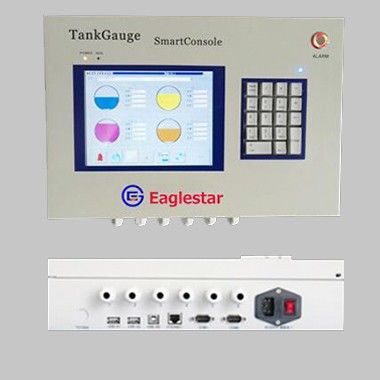
- Automatically monitor
- Automatically calculate
- Automatically create report,
- Automatically alarm
- Automatically calibrateEG800 Smart Console
-
 The Sump is designed under the fuel pump and dispenser to protect the environment and prevent the leakage of fuel. The sump can match the majority parts for HDPE pipelines for gas station.
The Sump is designed under the fuel pump and dispenser to protect the environment and prevent the leakage of fuel. The sump can match the majority parts for HDPE pipelines for gas station.Sump for fuel pump and dispenser
-
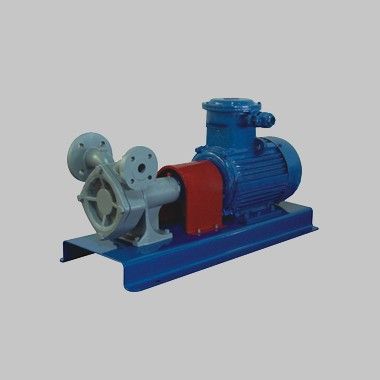
- Economical EG1 pump
- represent the value vs cost.
- It can fully meet all your
- fueling requirements
- with reasonable investment.
- Economical EG1 pump
- represent the value vs cost.LWB-150 LPG Turbine Pump
-
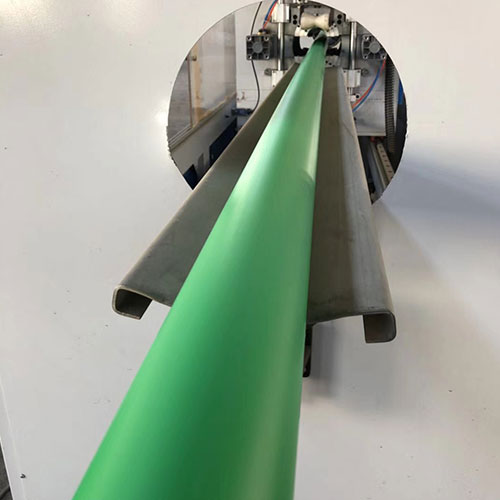
- Best price VS value
- Quick & convenient installation
- Easy operation & maintenance
- Compact design
- save space
- easy for transportationPE PIPELINES - Double Layers



